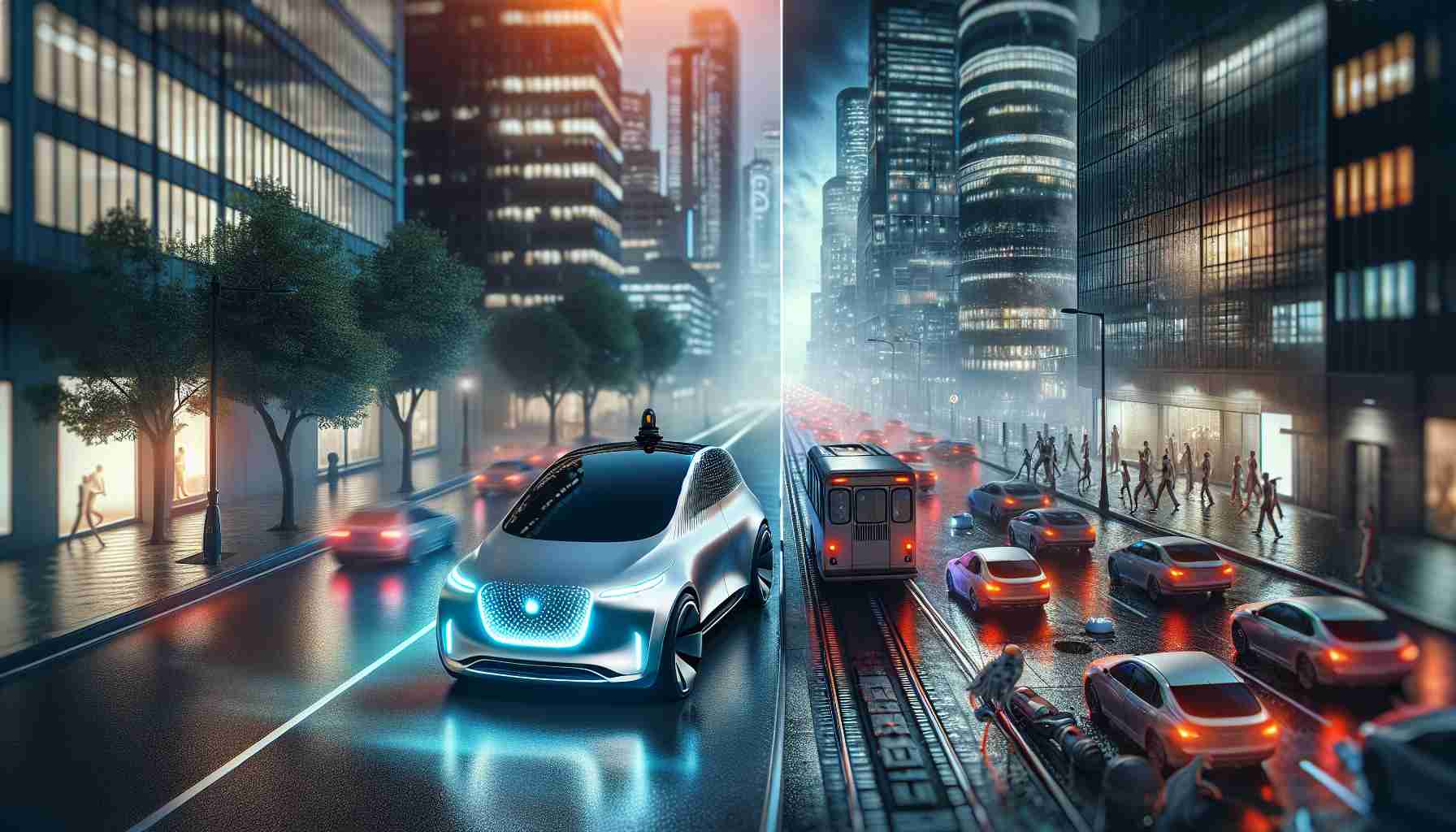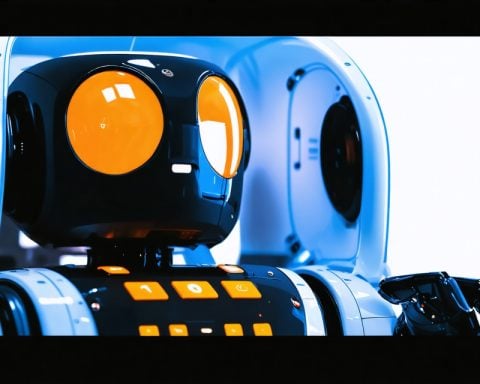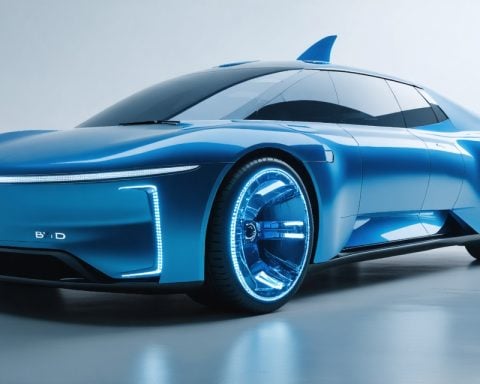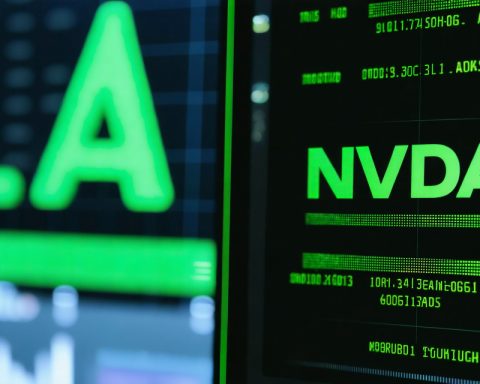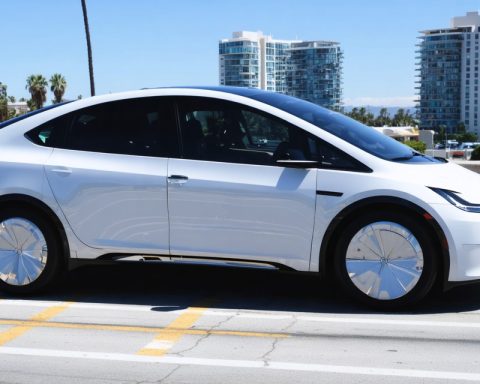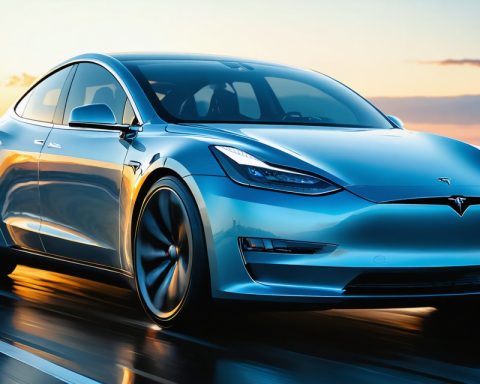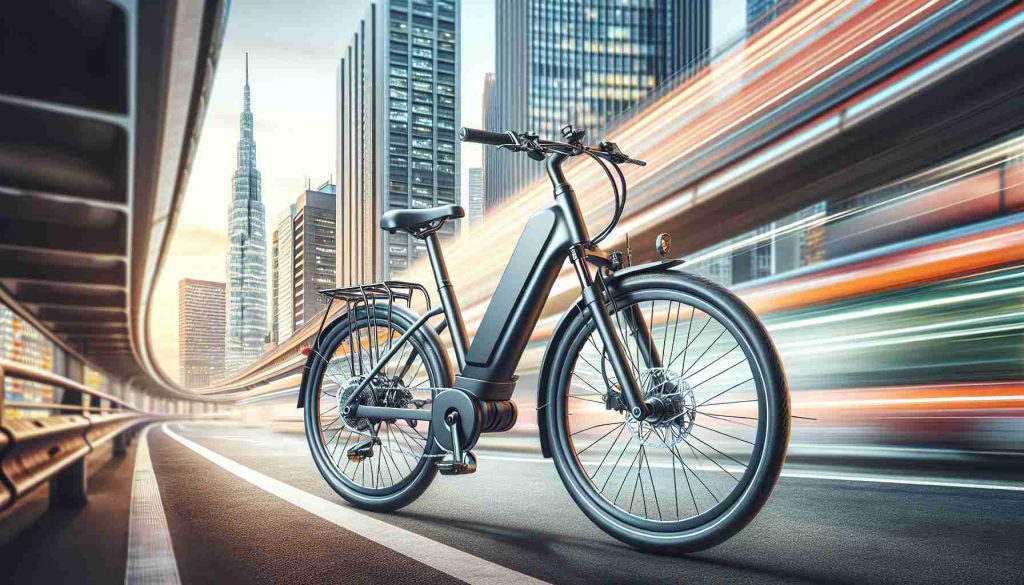- Tesla’s self-driving technology faces scrutiny due to recent accidents, raising safety and ethical questions.
- Debate surrounds the readiness of Tesla’s autonomous systems, like the Full Self-Driving beta, for real-world use.
- Experts highlight the need for improved technology to handle unpredictable driving scenarios.
- Tesla aims to advance AI and machine learning to minimize human error in driving.
- Robust regulatory frameworks are necessary to address safety and liability issues in autonomous driving.
- Public safety and trust are crucial as autonomous vehicles potentially shape the future of transportation.
Innovative Technology Under Scrutiny
In recent years, Tesla’s commitment to autonomous driving has propelled it to the forefront of the electric vehicle industry. However, recent incidents involving Tesla’s self-driving technology have sparked intense scrutiny worldwide. These accidents have raised critical questions about the readiness of autonomous vehicles for widespread use and the ethical implications of this burgeoning technology.
Accidents Trigger Global Debate
The latest accident involving a Tesla operating in Autopilot mode has reignited discussions about the safety and viability of autonomous vehicles. With on-board systems like Tesla’s Full Self-Driving (FSD) beta still in a developmental phase, some critics argue that the roads may not yet be ready for such advanced technology. The automated systems, while revolutionary, face challenges in responding to unpredictable real-world scenarios, resulting in unintended collisions.
The Future of Autonomous Driving
Despite these incidents, Tesla remains dedicated to refining its self-driving capabilities, pushing towards a future where autonomous vehicles are the norm. The company’s efforts in artificial intelligence and machine learning aim to reduce human error in driving, one of the leading causes of accidents worldwide. However, as technology evolves, so does the need for robust regulatory frameworks to address safety and liability concerns.
The Road Ahead
While the potential benefits of autonomous driving are immense, ensuring public safety and gaining trust are paramount. As Tesla continues to navigate the challenges of perfecting its self-driving technology, the world watches closely, pondering whether this innovation will become a staple of modern transportation or remain perpetually on the horizon.
Is Tesla’s Autonomous Driving Technology Really Ready for the Road?
1. How safe are Tesla’s autonomous driving systems compared to traditional vehicles?
Tesla’s autonomous driving systems, which include Autopilot and Full Self-Driving (FSD) beta, have been at the center of safety discussions. Recent data suggests that vehicles operating in Autopilot mode have fewer accidents per mile than traditional vehicles. However, when compared to other manufacturers’ autonomous systems, Tesla’s tech is still seen as both pioneering and experimental, requiring further refinement and testing to match conventional safety levels.
Key Insight: The safety of Tesla’s systems hinges on consistent updates and real-world testing, with current development phases showing promising but not definitive results.
2. What are the main challenges that Tesla faces in making fully autonomous vehicles a reality?
The primary challenges Tesla faces involve improving the AI’s ability to handle unpredictable situations, upgrading sensor technology, and establishing a reliable network for data-driven decision-making. Moreover, gaining widespread regulatory approval remains a significant hurdle. Public confidence and consistent legislative support are essential for Tesla to transition to fully autonomous vehicle networks.
Important Consideration: Regulatory frameworks across different countries must adapt to adequately address safety and ethical considerations for these technologies to thrive.
3. What are the ethical implications of deploying autonomous vehicles in society?
The ethical implications are profound, as autonomous vehicles must invariably make complex decisions where outcomes are uncertain, which raises questions about liability in the event of an accident. There’s also the potential for job displacement in driving sectors and challenges related to data privacy as these systems rely heavily on data collection and analysis to function efficiently.
Discussion Point: As society moves towards automation, guidelines need to be established on how AI-driven systems make moral choices, and how their operations align with human values.
For more updates and information on autonomous vehicles and innovative technologies, visit Tesla’s official website.
